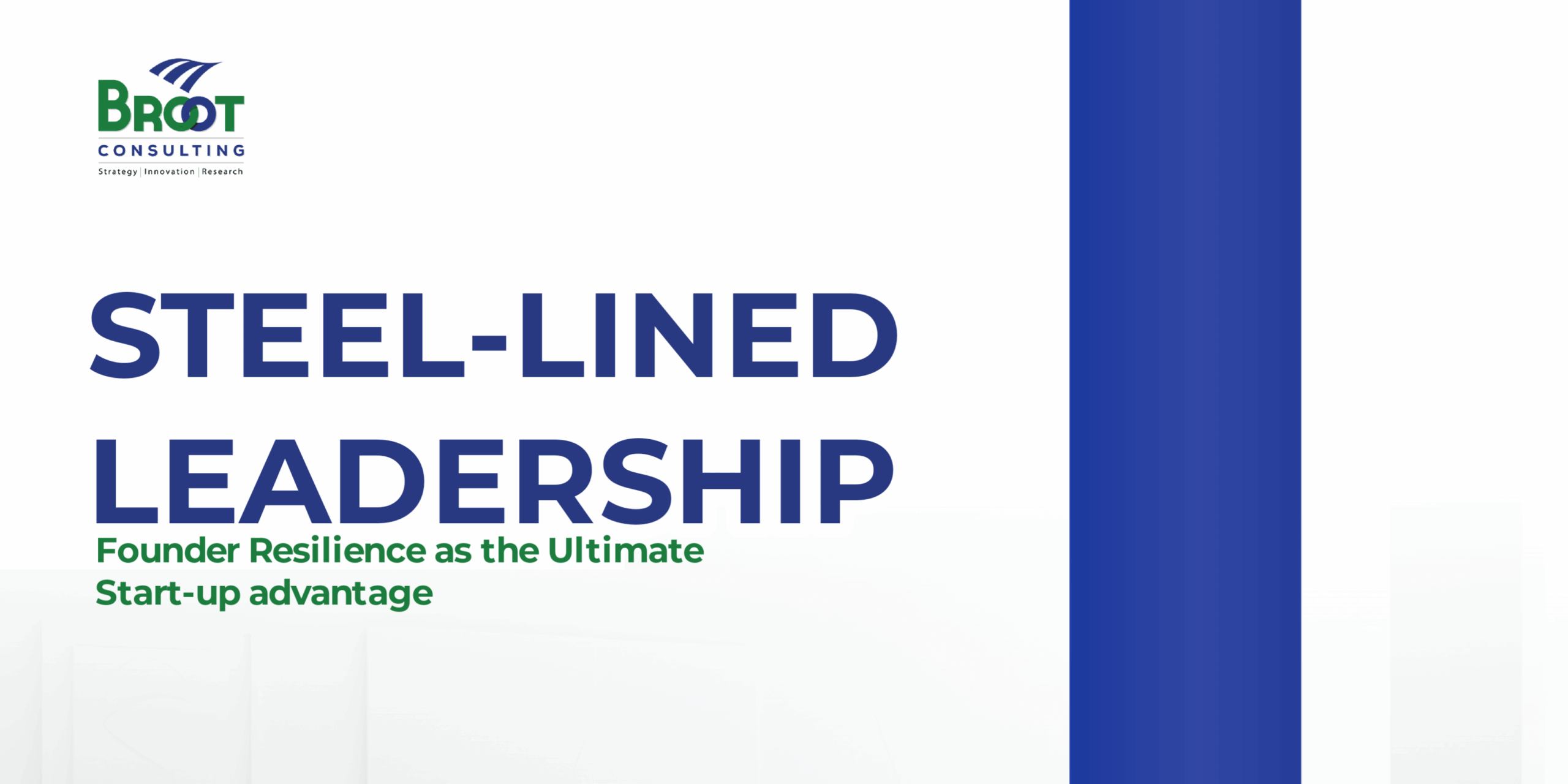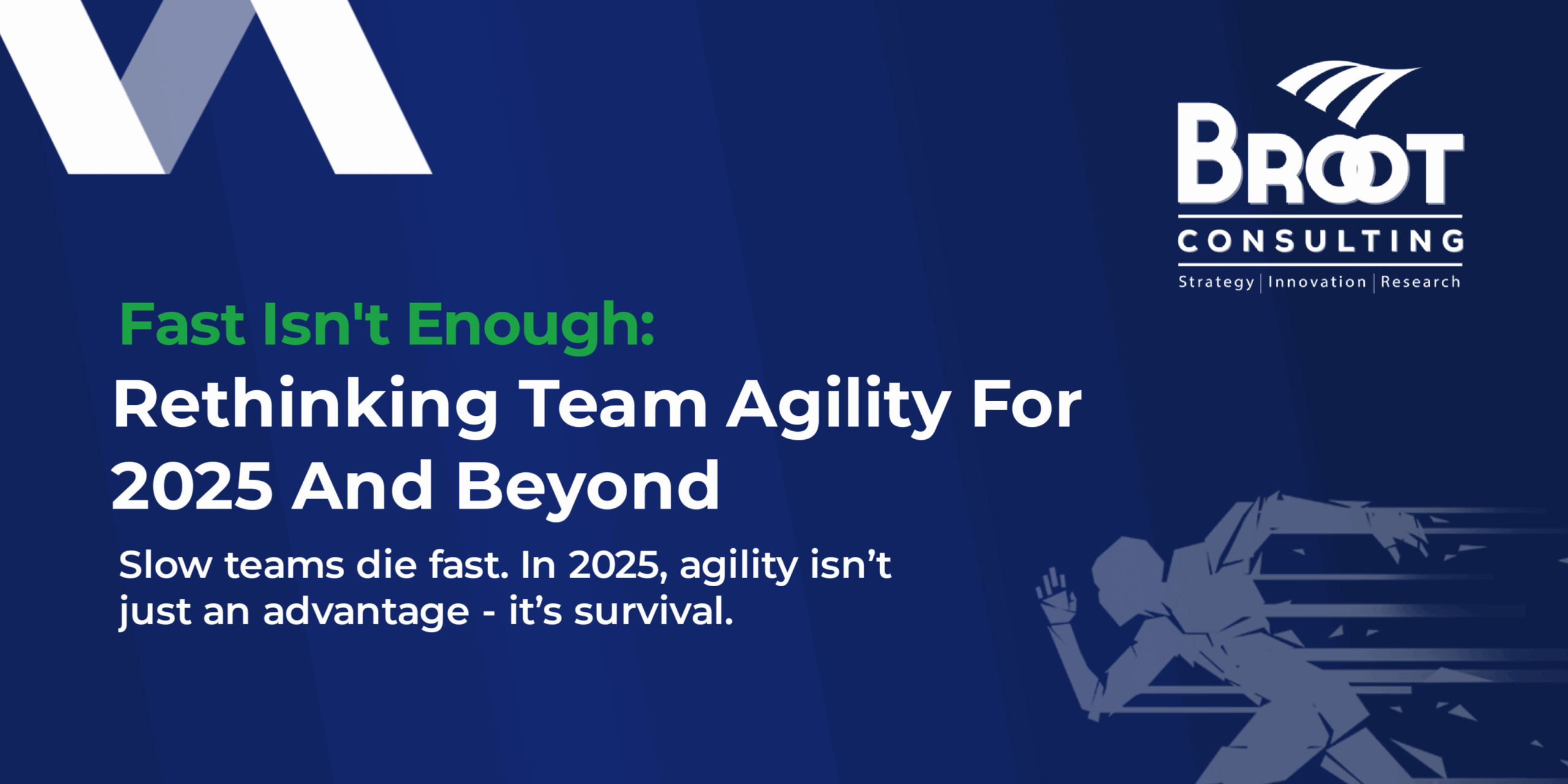SHIP OF SHIPS
One of the most tragic but avoidable disasters in human history happened on May 07, 1915. The underrated and overlooked German U-Boat fired a single torpedo at Britain owned ocean liner- Lusitania. During this era, the ship was the fastest and probably the most significant all over the world. She was tagged “greyhound of the seas“ she was a national pride, a symbol of power and affection for the British. Her speed went beyond 25 knots, an equivalent of about 30 miles an hour and this was considered a miracle for a ship of that size. It was the fastest civilian vessels afloat and only the destroyers, and Britain’s latest Queen Elizabeth–class battleships could exceed her speed. The ship had intimidating credentials; consequently, there was no need to be afraid of the enemies. However, May 07, 1915 marked the end of its voyage. With 1,959 passengers and crew were on board, this miracle of the ocean was torpedoed by the German U-boat. One thousand one hundred ninety-five people died, including women and twenty-seven infants. Also, among the deceased were a hundred and twenty-seven Americans.
ONE DAY FOR THE GERMANS
Two weeks to this ugly incidence, the Germans who were at war with Britain and its allies, did not want the United States of America in the war; therefore, the German Government took a paid advertisement in some of the US newspapers and advised that:
“vessels flying the flag of Great Britain, or of any of her allies, are liable to destruction…travellers sailing in the war zone on ships of Great Britain or her allies do so at their own risk.”
The war in Europe and warning from German notwithstanding—the ship was booked to capacity. According to the New York Times, it was the highest number of Europe-bound travellers on a single vessel since the beginning of the year. In his book, Erik Larson’s Dead Wake: The Last Crossing of the Lusitania. Quoted one of the ship stewardesses to have said:
“Of course, we heard rumours in New York that they were going to torpedo us, but we didn’t believe it for one moment. We just laughed it off and said they would never get us, we were too quick, too speedy. It was just the same kind of trip as it was any other trip.”
LESSONS FROM LUSITANIA
What is the leadership, business and personal lessons that we could learn from the destruction of Lusitania? Why are the passengers not dissuaded? Why didn’t Cunard, the owner of Lusitania, abort the voyage? Did the vessel perish as a result of hubris?
In the current VUCA world of constant disruptions, organisations and individuals that hope to thrive must develop competencies and attributes that enable deepening of vision and a look beyond the surface. They must go against the tide and never be afraid to take unpopular positions. Above all, they must be able to continually challenge assumptions, transform culture and develop empathy for users value. Factors that led to the untimely demise of Lusitania still abounds in our corporate and personal world, some of which are.
WE ARE IN THE ERA OF POSSIBILITIES:
It is foolhardy to think in these days that anything is impossible, or any task is incredible to undertake. As the day goes by, it is becoming evident that no task is impossible to undertake, no vision is impossible to achieve, and no businesses is too big to be disrupted. The owners, crew and passengers of Lusitania were so comfortable with their knowledge of ethics in naval warfare. Based on conventional wisdom, they chose to ignore the obvious and well-articulated “beyond the handwriting on the wall” warning from the Germans. To them, attacking a passenger ship was unthinkable even though the Germans left no one in doubt as to its readiness to attack and sink both enemies and neutral vessels travelling the water around the Great Britain Coast. The passengers were also comforted in the fact that no ship could match the speed of Lusitania; therefore, she remained the ship to beat on the ocean. Unbeknown to them, the German, just like the competitors, have developed a strategy and tools that made that belief an absurdity. To stay afloat in the era of constant disruptions, individuals and organisation must be conscious of the fact that we are in the age of possibilities; the need to continually overhaul strategy, challenge assumptions and explore opportunities cannot be overemphasized.
BE CAREFUL OF THE HYPE
We live in a world of exaggerations. We exaggerate our achievements, our beauties, status, products, capabilities. We exaggerate everything. Exaggeration is deceptive; it leads to complacency, underrating of competition or a deception of the capacity of who we truly are and what we really have. The owners of Lusitania were lost in the accolades, and they bought and sold the dummy to their customers and other stakeholders. There were no doubts that Lusitania was a fast-moving giant and an incredible machine on the sea; however, it is self-delusional to assume its invincibility. Unbeknown to them, the German U-20 Boat was not like any other submarine. No organisation or individual should assume a posture of invincibility because disruption is continuously on the horizon, and no one achieves immunity to failure by exaggerating achievement or underrating the competition.
AVOID THE BANDWAGON MENTALITY
That everybody is doing it does not make it the right thing to do. That everybody believes it, does make it true. Many people perished with the ship because of the bandwagon effect. In his book Dead Wake: The Last Crossing of the Lusitania Erik Larson’s quoted one of the ship stewardess to have said:
“Of course, we heard rumours in New York that they were going to torpedo us, but we didn’t believe it for one moment. We just laughed it off and said they would never get us, we were too quick, too speedy. It was just the same kind of trip as it was any other trip.”
NEVER TAKE INSTRUCTION LIGHTLY
Trends are there to enable us to dig deep and develop solutions for the future. In the era of Artificial Intelligence, Machine Learning, Space Exploration, Digitisation, Climate Change and many more, there is enough “handwriting on the wall” that gives instructions on the need to heed the warning of disruptions. The victims of Lusitania failed to recognise the trend of destruction (war); they were unable to heed instruction (warnings from the Germans). Disruptions do not just happen; there is always a pointer around us. Failure to intelligently interpret the signs, read and apply instructions enable disruptions.
KNOW HOW TO USE YOUR TOOLS
How often do you pay attention to instructions? Many people have sat by the exit door in the aeroplane severally, perhaps they have listened to the emergency evacuation instruction countless times, but do they understand it? Could they live up to it in an emergency? Knowing it is also different from being able to do it. Although provided with life Jacket, most of the victims of the Lusitania disaster did not know how to wear their life jacket correctly. According to Larson, many of the lucky passengers who were provided with life jacket wore them incorrectly. Therefore, they were unable to keep their head above the water. They struggled with the water until they drowned. They did not drown for lack of tools but lack of knowledge on how to use it. Today, organisations get disrupted because of the misalignment in the application of their vital resources.
ECONOMIC CONSIDERATION IS A WRONG MOTIVE FOR ANY ADVENTURE
If you are motivated solely by financial gains, you will lose sight of the vision and compromise on your values. It was the 202nd trip for the Lusitania; how could the vessel suddenly end its voyage abruptly? What happened to all the revenue from the trip? Focusing on money will always affect rationality. You must understand your risk and take a calculated one that will help to preserve your values and protect your users. If the owners of Lusitania had employed empathy and practice human centeredness, then its focus and decision regarding the trip would have been on the safety of its users, and any threat to that was a good reason to abort the voyage. Once anything potentially threatens the interest of your customers, it is the right time to go back to the drawing board.
TRUST SMARTLY; NOTHING IS IMMUNE TO FAILURE
Captain William Thomas Turner, the commander of Lusitania, was confident, and perhaps this misleading confidence made the passenger trust in the invincibility of the ship. According to Larson, Turner said:
“Do you think all these people would be booking passage on board the Lusitania if they thought she could be caught by a German submarine? Why it’s the best joke I’ve heard in many days, this talk of torpedoing the Lusitania.”
The “joke” eventually became a reality; many businesses have gone under simply because they only listened to the voice of the experts. I like to argue that the experts are the real users, and when anything threatens their experience, the organisation should have a reconsideration. Though it could be argued that the passengers of Lusitania were determined to go on the voyage, but a clever business owner recognises that such demand should not be at the risk of endangering the interest of the customers.

Photo credit: Joshua Alvarez
CONCLUSION: DIG BEYOND THE SURFACE; SEE THE BIG PICTURE
The owner of Lusitania, the Cunard company, believed that the passenger ship would not be attacked. They, however, failed to see the big picture that rationality took on a different meaning in a war situation. Take for instance the Captain of the U-20 boat that torpedoed Lusitania, Walther Schwieger was described by fellow crew members as a very kind man, a man who wouldn’t hurt a fly, if this was true why did he destroy the passenger ship without any conscience whatsoever? Though he was humane, he recognised that this was war and he is a man on a mission. As you relate with employees, customers and other stakeholders, do not stretch the power of rationality because the rationality of human-beings sometimes have different colouration when pride and self-interest are at contention.




